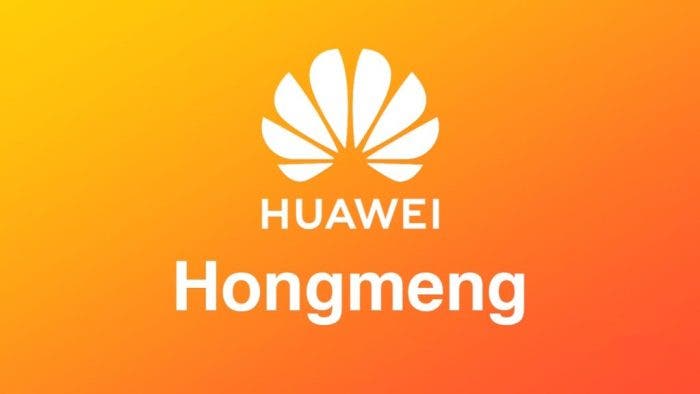Ever since the ban on Huawei by the US, the development of its HongMeng system has been a major topic of discussion. At Huawei’s “2018 Sustainability Report” conference, Huawei Chairman, Liang Hua. According to Mr. Hua Huawei’s HongMeng OS is basically for the Internet of Things (IoT). Since the release of Hongmeng OS (Harmony OS), the company has consistently developed its system. However, it is still a far cry from an average smartphone operating system. It appears that Huawei will soon make an attempt to pre-install the Hongmeng OS on some devices.
![]()
At the China Information Technology Conference 2020, Huawei Consumer Business CEO, Yu Chengdong, delivered a speech. According to him, the “Hongmeng OS will become a worldwide operating system in the future”. As of now, we have seen the Hongmeng OS in Huawei smart screens. Nevertheless, Yu Chengdong revealed that this year “Huawei’s smartwatch products will also use Hongmeng OS. In the future, all of Huawei’s IoT products, including PCs, tablets, and even mobile phones, may use Hongmeng OS”.
Huawei is trying hard to survive the U.S. ban
Huawei is currently fighting a very intense battle, especially with the American government. It is facing multiple bans that are affecting its business. Since the beginning of last year, all Huawei new phones do not come with Google Mobile Service. This means that no PlayStore, no Gmail, and many other apps. In addition, it can no longer rely on TSMC to manufacturer its HiSilicon Kirin chips. This is as a result of the extended ban which the U.S. government imposed.
According to Yu Chengdong, Huawei will release the Huawei Mate 40 series with Kirin chips in September this year. However, this may be the last phone that will use Kirin’s flagship processor. TSMC can not work on Huawei Kirin chips after September 15. This means that no new Kirin flagship can hit the market. According to Yu Chengond, the Mate 40 series will exhaust all the flagship Kirin chips. This is a very big loss for Huawei.
As for other smaller chips that uses 14nm technology, Huawei has other options to make those chips. However, it is left hanging to dry in the flagship segment. He recalled that Huawei went from being seriously lagging behind to catching up and leading in the chip field. However, the recent ban changes everything. Unfortunately, Huawei only handled chip design internally. It is not fully involved with chip manufacturing which requires more capital investment.





